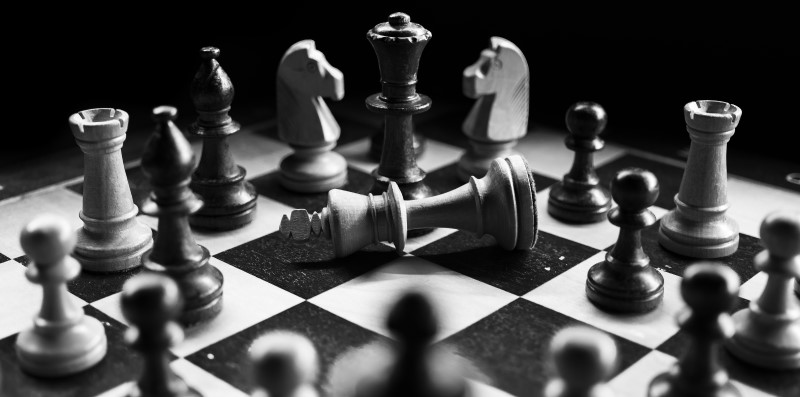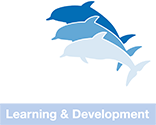
What are the implications of creating internal competition?
In part 1 of our blog series on competition vs collaboration, we discussed how you could inadvertently be creating negative internal competition. In part 2, we’re looking at the impact that this has on the culture of your organisation.
Creating internal competition can absolutely result in a short-term improvement in performance. But it’s not a sustainable model for team success.
Unhealthy competition creates a fear of losing – if there’s a winner, there has to be a loser – whether that’s a fear of appearing at the bottom of league tables, public shaming for their performance, or worse, losing their job. The fear of losing can do strange things to typically team-oriented people. Instead of enacting the behaviours you desire for sustainable success you’re more likely to witness negative behaviours which impact on the collective performance of the team, or maybe even the organisation.
These negative behaviours have long-term implications for the organisational culture that can be incredibly difficult to overcome, such as not sharing best practice, creating complex workarounds, distrust, unethical behaviour, no flexibility or adaptability, pulling the organisation in different directions, a lack of coaching & mentoring to upskill others, operating in silos or, in extreme cases, sabotage.
We see it all the time
There is a debate amongst psychologists as to whether competitiveness is innate within all of us as part of our survivalist mentality and therefore an intrinsic motivator of our behaviour or whether our competitive spirit is fuelled by rewards. Either way, it’s safe to say people are intrigued by competition in some form or another; whether it’s the World Cup, Olympics or Strictly Come Dancing.
We are also fascinated by observing the impact that competition has on people’s behaviour. The Apprentice is a great example of this. In particular, the final segment of the show – contestants from the losing team try to justify their place in the competition at the expense of others and it almost always turns nasty. While internal competition doesn’t always lead to volatile behaviour, the programme offers an interesting insight into the psychology of competition and the impact it can have in a team environment.
We see examples of this all the time on experiential leadership and team development programmes we facilitate. If we set the same task for multiple teams, they will automatically assume it’s a competition – even if we’ve told them that the task will only be deemed successful if every team completes it.
Instead of sharing ideas and resources to get everyone finished in the fastest time possible, teams operate in silos with the ambition of being the first to solve the problem. Sound familiar in your workplace? We cover this issue extensively in the reviews and action plans with leaders and teams to highlight the negative consequences.
Equally, we’re still regularly requested to facilitate competitive team building programmes, which seems counter-intuitive. Our team building activities have the capability to be run as collaborative sessions building on the skills and behaviours required to work effectively together, but people’s natural inclination is to create a competitive environment.
In our early days, we ran these programmes and all the unhealthy behaviours you’d expect came out: cheating, hiding resources, aggression, bullying, one-upmanship; all behaviours that pull people apart rather than pull them together; which goes against our ethos of people development.
That’s not to say that GRA doesn’t run competitive events now. If the objective is to have fun away from the office or it’s a light-hearted competition, then we’re happy to embrace, support and facilitate those objectives and create a positive environment for healthy competition. We just make sure that the customer isn’t trying to achieve a different objective - such as fostering a great team spirit – through competitive activities!
The third, and final, post in the blog series will focus on how to achieve a culture of collaboration. To continue reading, please click here.
Learn More
GRA has over 30 years of experience designing and delivering team development programmes. If you'd like to learn more about how we support teams, please read more about us here or contact us and a member of our team would be happy to discuss this further with you.
Image Source: Canva



